5 Facts Air Conditioning Services Want You to Know
As the central players in managing indoor climate, air conditioning services play a crucial role in both residential and commercial settings. Understanding the essential facts about air conditioning can significantly impact your comfort, the efficiency of your AC system, and overall safety at home or in the workplace. The growing need for effective cooling solutions, especially in the face of changing climate patterns, makes the knowledge of air conditioning intricacies indispensable. By keeping informed about services, maintenance, and technological advancements, individuals and businesses can optimize their systems for enhanced performance. This article delves into these aspects, providing you with a comprehensive guide to navigating air conditioning services effectively.
1. Importance of Regular Maintenance
Routine servicing of air conditioning units can significantly extend their operational lifespan. Just as regular oil changes keep a car engine running smoothly, regular check-ups for AC systems keep them in peak working condition. Over time, small issues can compound, leading to damage that might have been avoided with timely maintenance. Extending the life of your equipment means prolonging the utility of your investment, delaying the need for replacement costs. An air conditioning system that is well-maintained can serve you reliably for many more years than one that is neglected.
Indoor air quality is a vital aspect of health and comfort, and regular air conditioning maintenance plays a pivotal role in this regard. Over time, dust, mold, and allergens can accumulate within an HVAC system, recirculating into the indoor environment. Properly maintained systems filter out these contaminants, ensuring a healthier air supply within your home or office. Regularly replacing and cleaning filters contributes to the reduction of pollutants and allergens, significantly improving overall air quality. Clean air fosters a healthier living environment and is especially crucial for individuals with respiratory conditions.
Regular servicing can lead to a more energy-efficient system, which is both financially beneficial and environmentally responsible. A well-maintained AC system requires less energy to achieve desired temperatures, translating into lower utility bills. According to energy.gov, about 43% of a home utility bill goes to heating and cooling, so maximizing energy efficiency can result in substantial savings. Regular maintenance ensures the system runs smoothly, optimizing energy use and reducing strain on the system. An energy-efficient HVAC system reduces the environmental footprint of your home or business, contributing positively to sustainability goals.
2. Choosing the Right System
With numerous air conditioning systems on the market, understanding the differences is crucial for making an informed purchase. From split systems to central air units, each type offers unique benefits and best suits specific applications. Split systems are particularly popular for individual rooms, offering flexibility and efficiency, while central systems are ideal for whole-house conditioning. For those in smaller spaces, portable air conditioners or window units may be a viable option, providing convenience and ease of installation. Understanding the distinct features and functionalities of each system allows homeowners to choose a solution tailored to their specific needs.
Determining the right air conditioner for your space requires careful assessment of the area in question. Factors such as room size, insulation quality, and number of occupants play a significant role in selecting the appropriate unit. An underpowered system might struggle to maintain desired temperatures, while a unit that is too large could cool a space too quickly, leading to excessive humidity. Calculating the correct BTU (British Thermal Unit) output required for the space ensures that the chosen system provides optimal performance. Using tools such as online calculators or consulting with HVAC professionals can be instrumental in perfecting this assessment.
Selecting the right air conditioning system involves balancing budget considerations with desired functionality and features. While it might be tempting to go for the cheapest option, choosing an underperforming or less efficient system can lead to higher costs in the long run. It is wise to consider the total cost of ownership, which includes the initial purchase price, installation, maintenance, and operational costs. Researching and comparing different brands and models helps identify those that offer the best value within your budget constraints. Informed decision-making ensures that you select a system that meets your cooling needs effectively without exceeding your financial limits.
3. Common Issues and Troubleshooting
Air conditioning systems can sometimes struggle to provide adequate cooling, indicating underlying issues that need addressing. Symptoms such as uneven cooling, insufficient air flow, or ice on the evaporator coil often point toward common problems. Checking for clogged filters, blocked vents, or low refrigerant levels can quickly resolve minor cooling inefficiencies. Additionally, ensuring that all windows and doors are properly sealed prevents cool air from escaping, helping the system maintain accurate temperatures. Regular troubleshooting and maintenance can keep systems running efficiently and prevent more severe problems from developing.
Refrigerant leaks in air conditioning systems are serious issues that require immediate attention. Common symptoms of a refrigerant leak include hissing sounds from the unit or decreased cooling capacity. A professional diagnosis is essential, as low refrigerant levels can cause harm to the system and disrupt efficient cooling. In addition to affecting performance, refrigerant leaks can be hazardous to health and the environment, necessitating timely repair. Staying vigilant to these signs ensures that action is taken swiftly, safeguarding both the system and the wider surroundings.
Restricted airflow in an air conditioning system can result from several factors, each requiring specific solutions. Clogged or dirty filters are the most common reasons for restricted airflow, meaning regular cleaning or replacement is necessary. Other potential causes include blocked vents or ducts, which may need clearing to restore proper circulation. Malfunctioning fans or motors can also impede airflow, necessitating professional repairs to ensure consistent operation. Overcoming these restrictions enhances efficiency, maximizing the air conditioner's cooling capacity and leading to more comfortable indoor environments.
4. Eco-Friendly and Sustainable Options
Energy Star-certified air conditioning units have become the benchmark for environmentally conscious and economically beneficial cooling solutions. These units meet strict efficiency criteria set by the Environmental Protection Agency (EPA), reducing greenhouse gas emissions and energy consumption. By opting for Energy Star-certified models, consumers benefit from lower operating costs while contributing to environmental sustainability. Such units not only cut energy bills but also increase the appeal and value of properties due to their reduced carbon footprint. Embracing Energy Star products symbolizes a commitment to both financial savings and ecological responsibility.
Recent advancements in eco-friendly coolants have paved the way for environmentally responsible air conditioning systems. Traditional coolants, such as HCFCs, significantly contribute to ozone depletion and global warming, prompting the need for greener alternatives. Modern coolants now offer improved cooling efficiency with reduced environmental impact, aligning with global regulations for climate protection. These alternatives are often non-toxic and recyclable, further enhancing their ecological appeal. Transitioning to air conditioning systems that use these newer coolants can make a substantial difference in eco-friendliness and operational efficacy.
5. Understanding Air Quality and Health Benefits
A well-maintained air conditioning system plays a pivotal role in protecting and enhancing respiratory health. By systematically removing pollutants and allergens through effective filtration, air conditioners create cleaner indoor environments. Particularly for individuals with asthma or allergies, maintaining high indoor air quality is essential for preventing adverse health effects. Systems that control humidity prevent mold and dust mite proliferation, which could exacerbate respiratory issues. Therefore, upgrading and properly maintaining AC systems are integral to promoting lasting respiratory well-being.
Proper humidity control is a significant function of air conditioning systems, with implications for both comfort and structural health. An inadequately humid environment can lead to dry skin and respiratory discomfort, while excessive moisture encourages mold growth. Maintaining balanced humidity levels via air conditioning systems prevents these issues, enhancing indoor comfort. Humidity regulation also protects furniture, electronic devices, and building structures from damage caused by condensation or dry air. By integrating dehumidification features and monitors, HVAC systems achieve precise humidity control, contributing to a healthier living space.
If you're looking for
air conditioning services, call us at Southern Comfort HVAC LLC. We look forward to hearing from you and working with you in the near future!
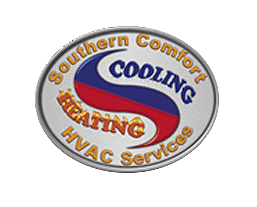


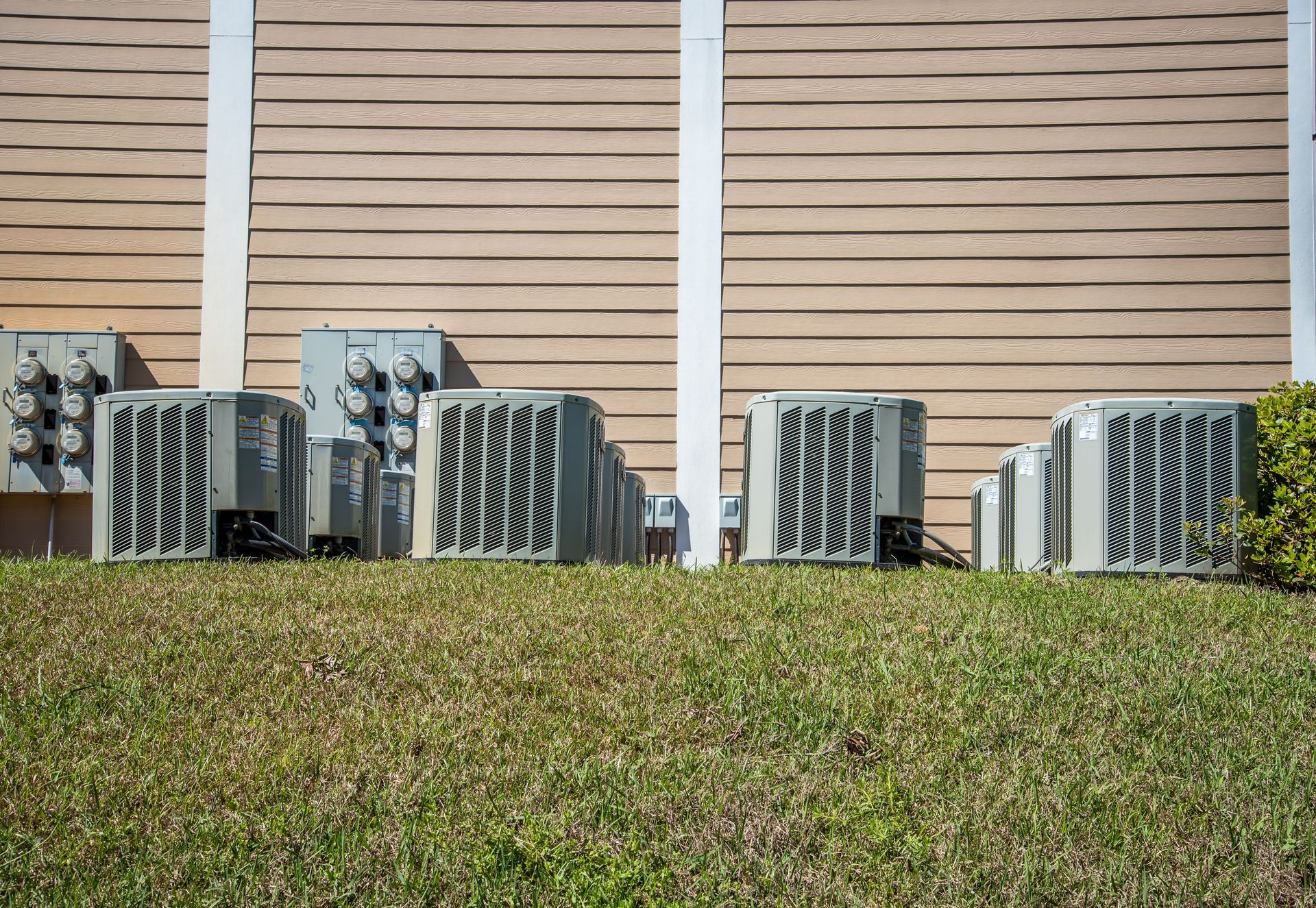
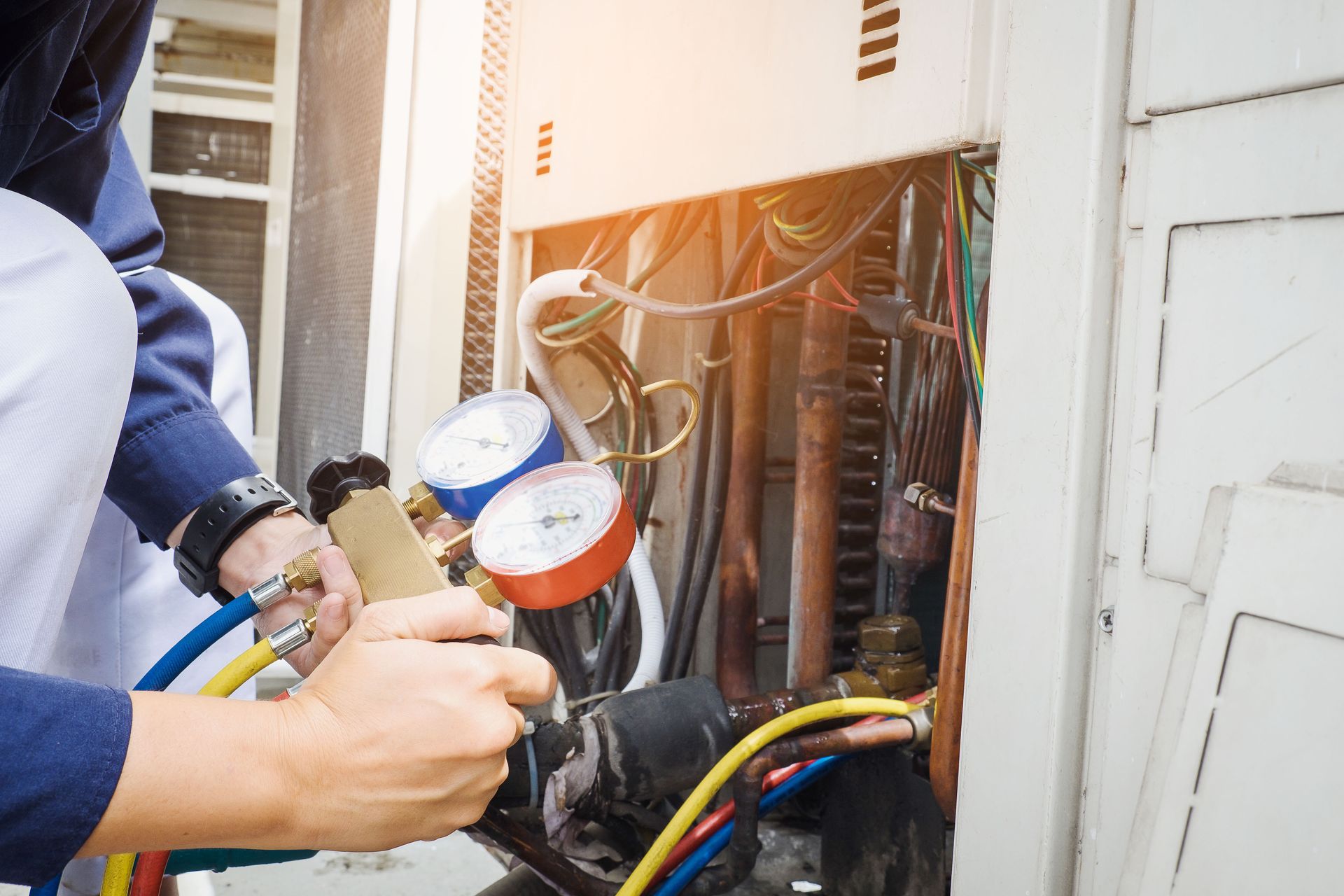
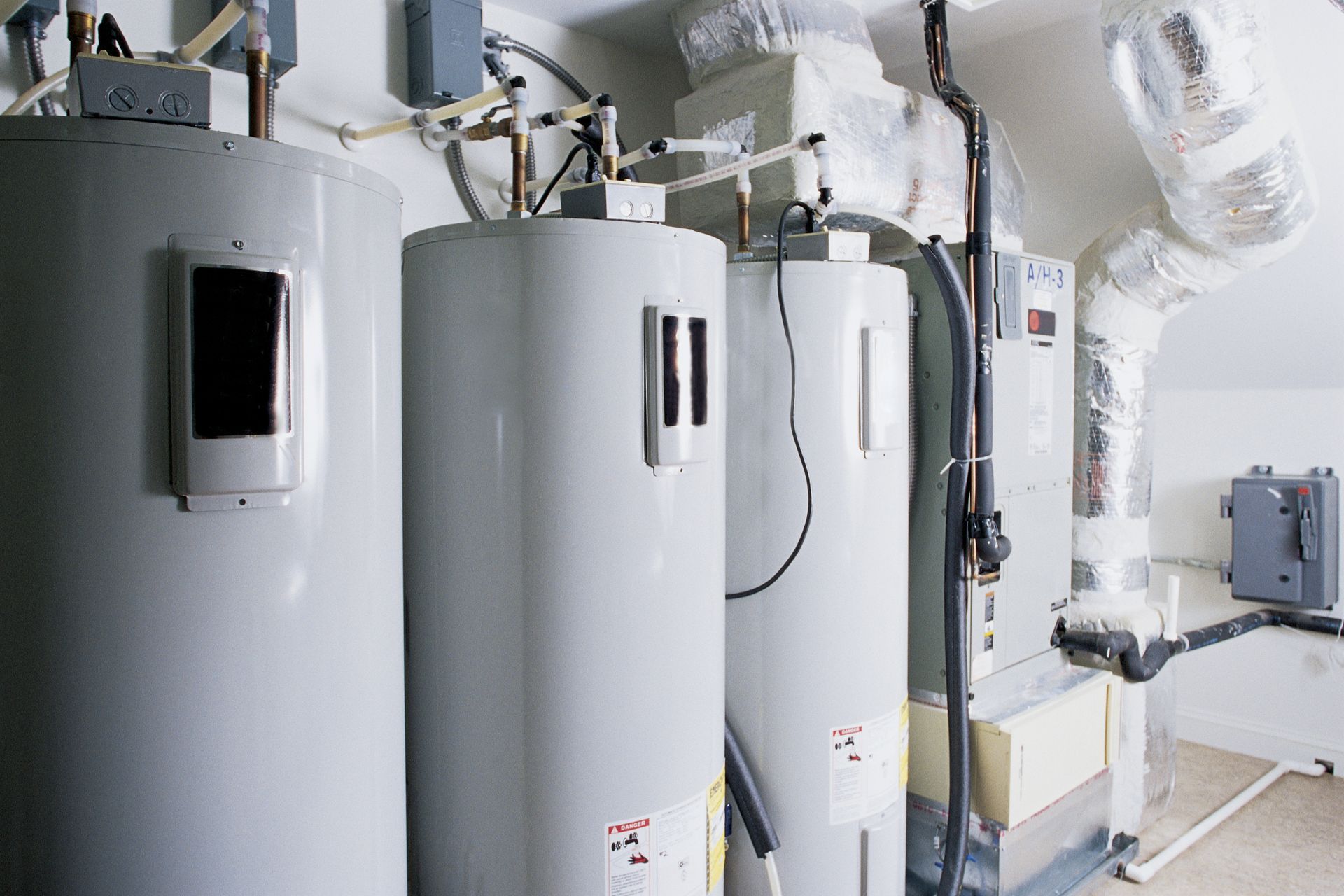
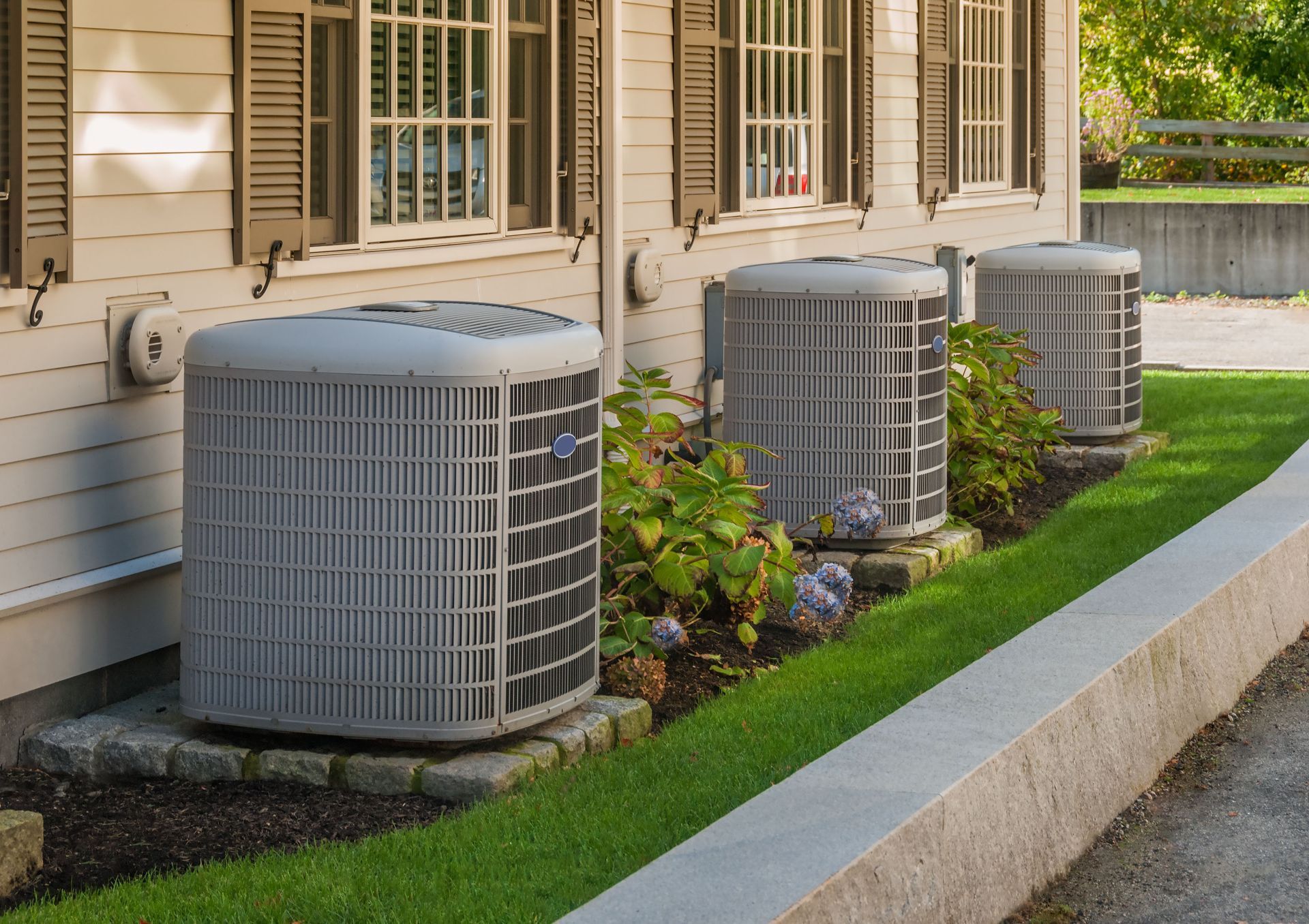
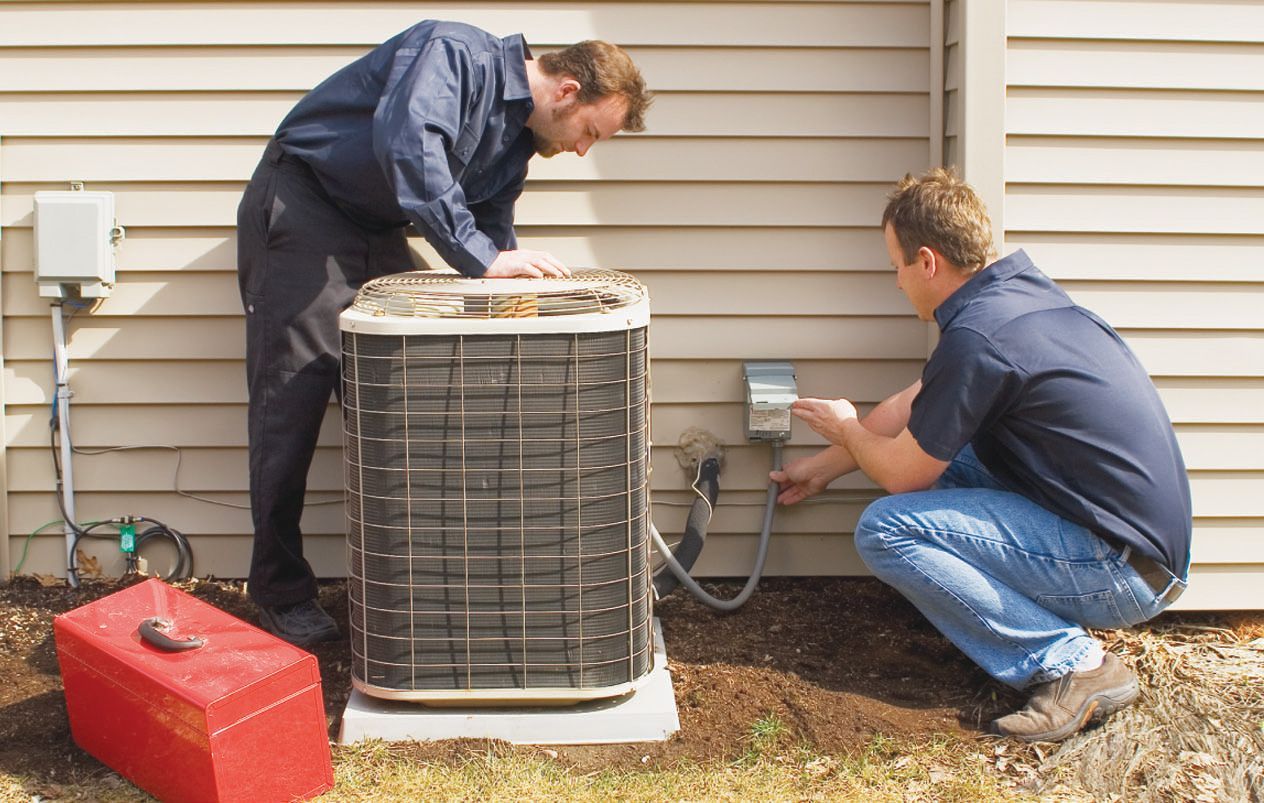
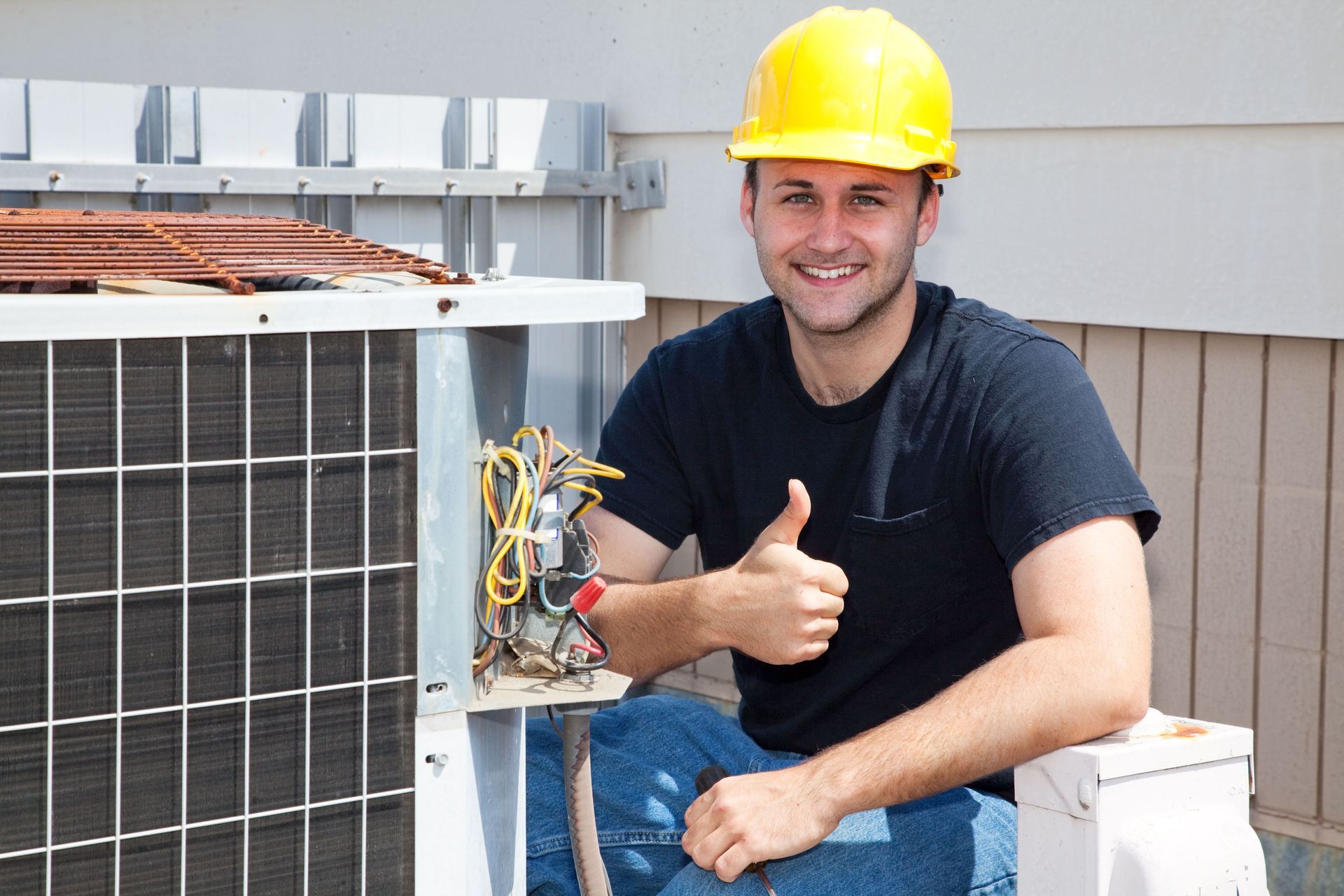
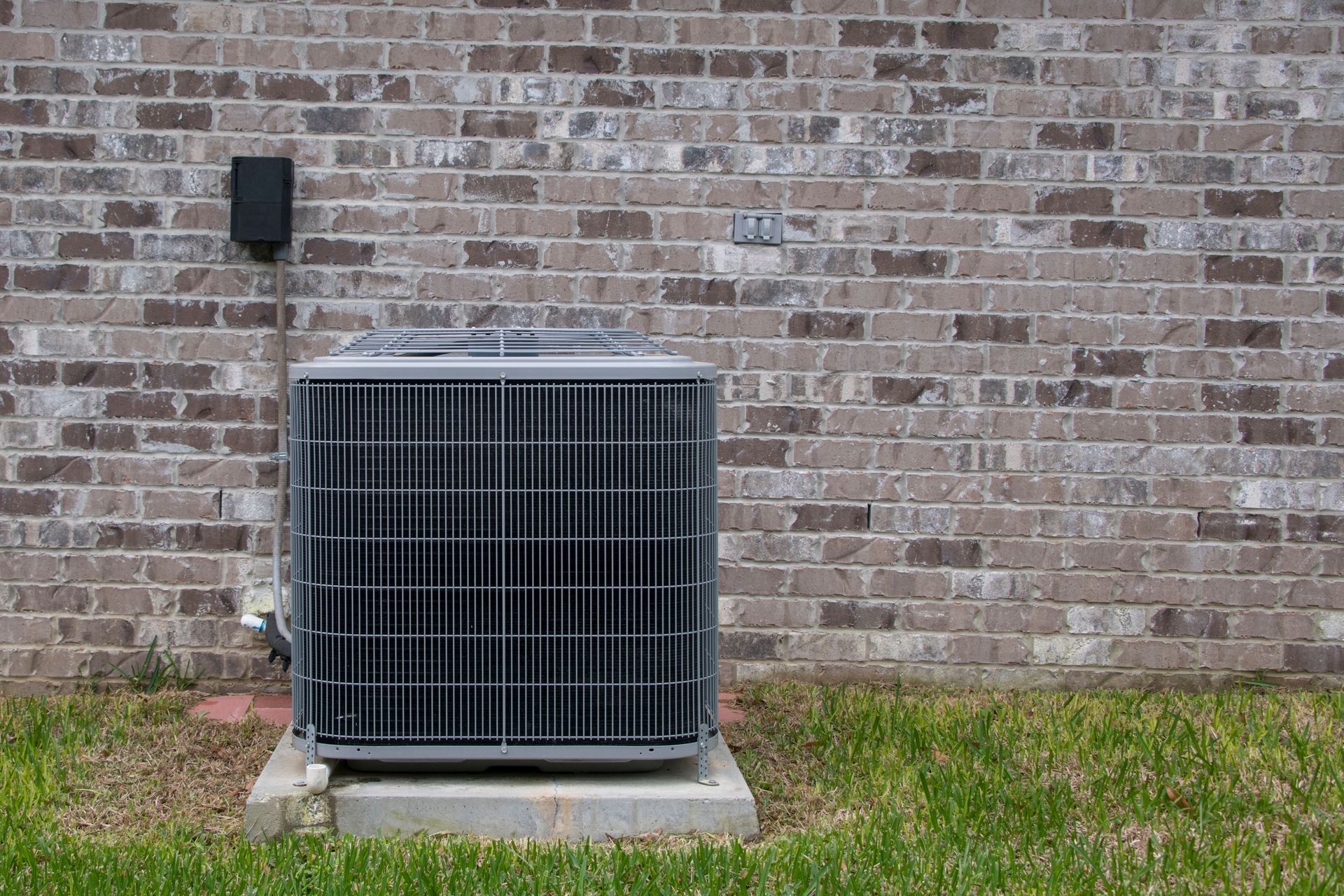
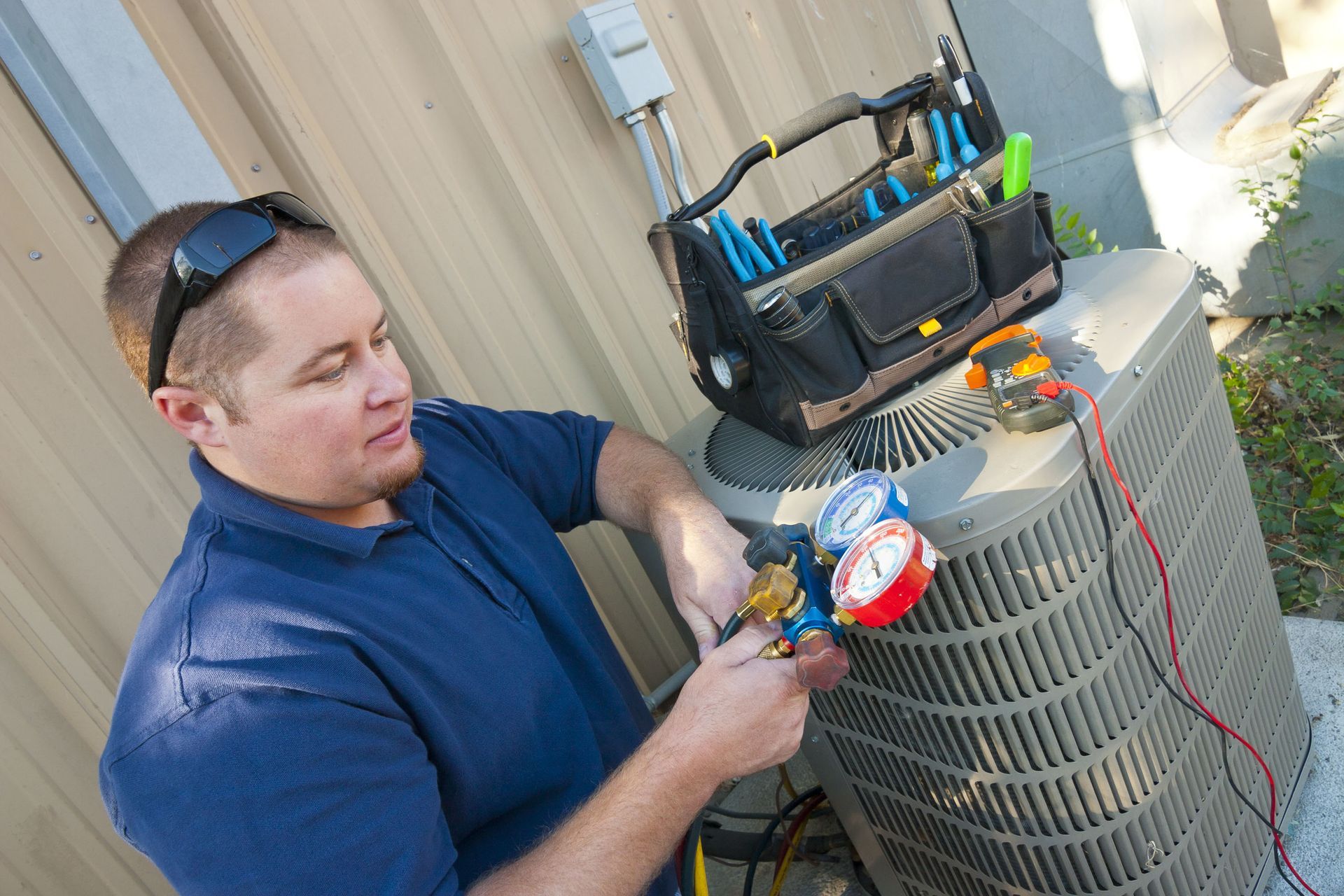
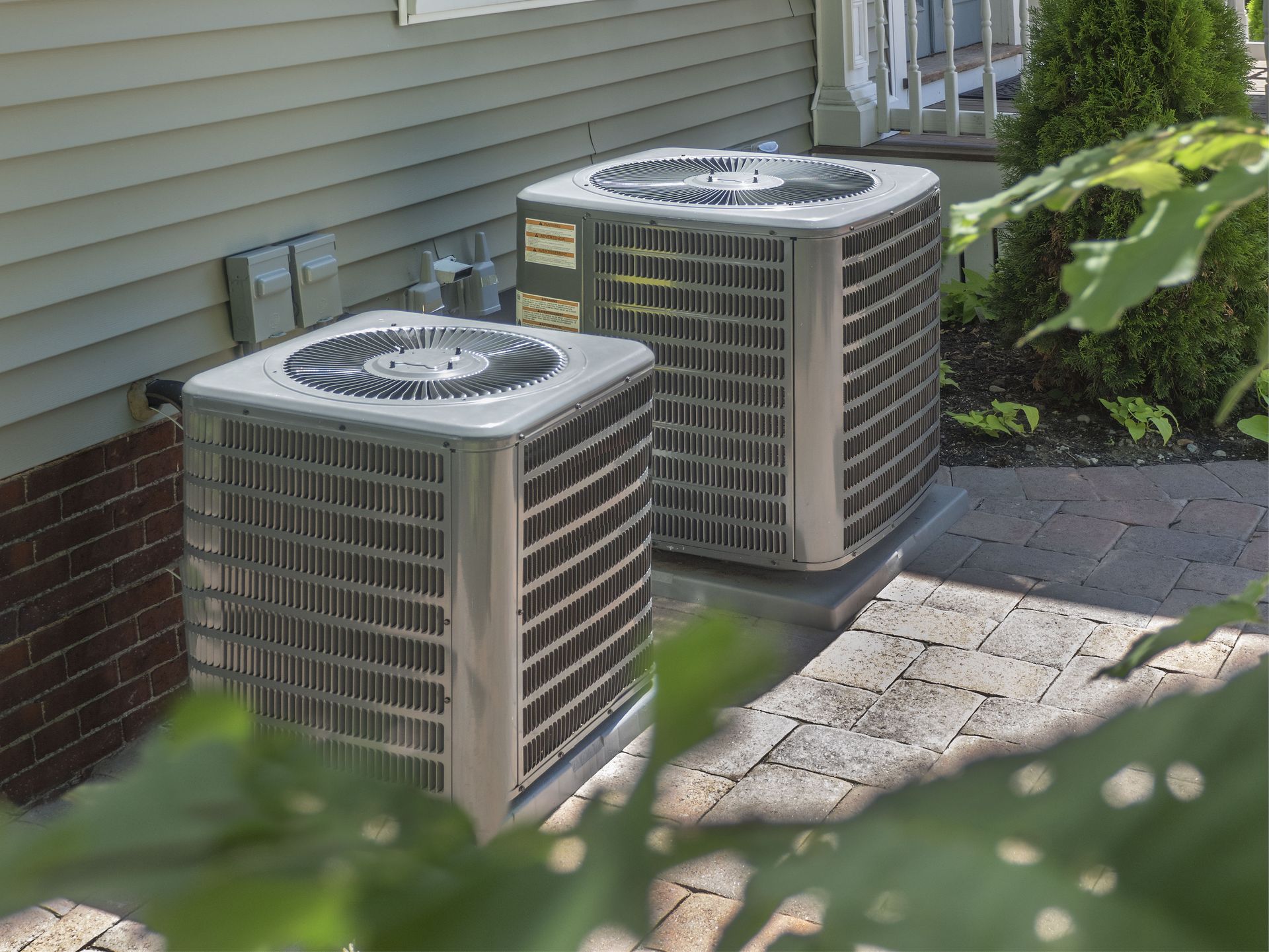
Share On: